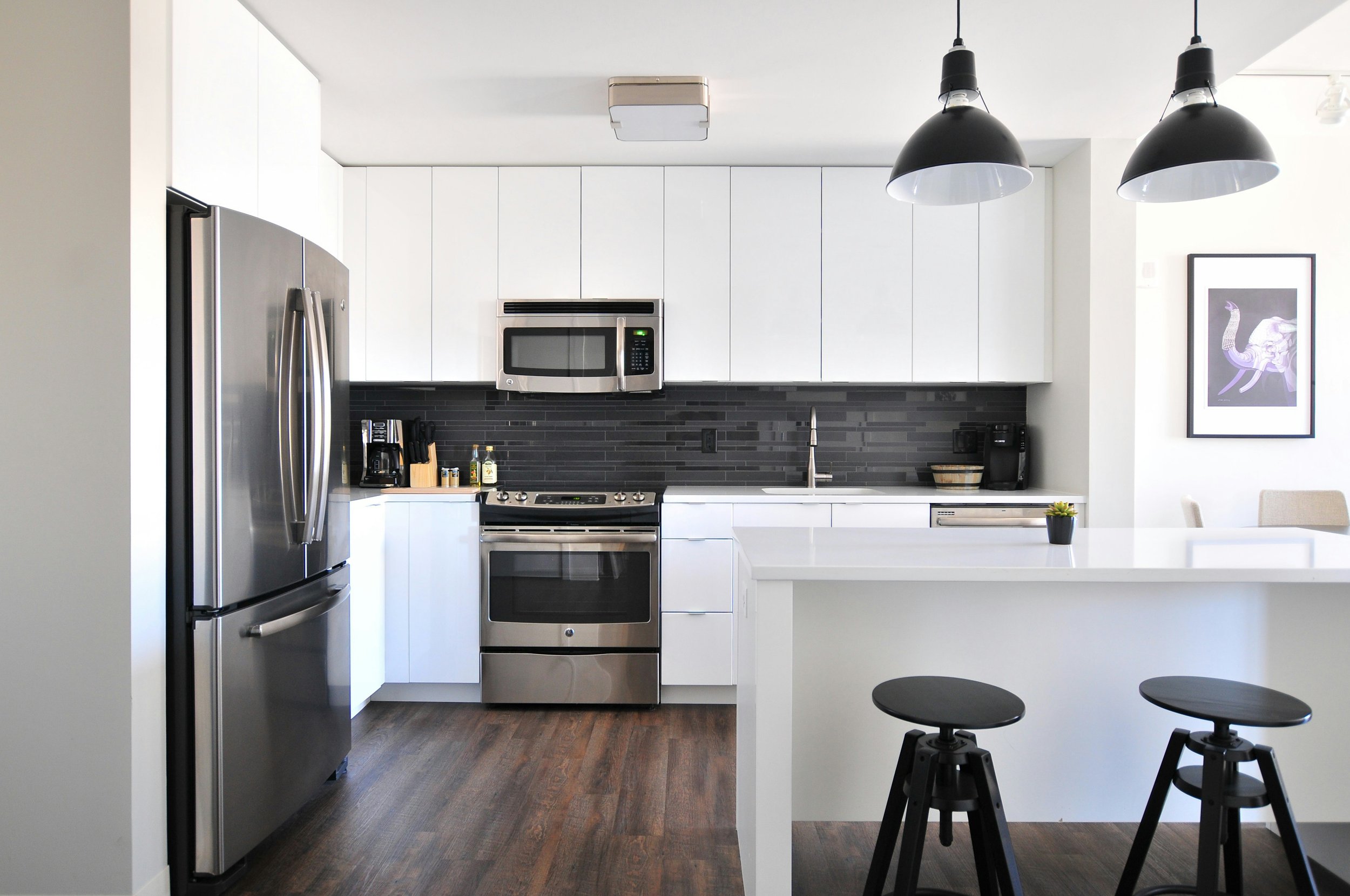
Funding Options
How to pay for your Homestead ADU.
Funding Options
While we are not professional lenders and financing options are regularly changing, the options below can help you get started on figuring out how to fund this investment. Please consult the appropriate planning professional for personalized advice.
Existing Cash Savings or Investment Portfolio
Pulling from your cash reserves is the easiest and most straightforward path to funding a Homestead ADU.
Borrow/Gift from Family/Friends
Putting an ADU on your property is often about making space for others. If those who will enjoy this space or others altogether would like to partially or fully fund your ADU, that is also an option. For example, a friend or family member could lend you the funds to build the ADU and then have a private agreement with you to split the rental income.
Loan/Withdrawal from a Retirement Account
e.g. 401(k) or IRA) and/or Whole Life Insurance Policy
If you hold a sizable portion of your assets in a retirement vehicle, it may be that rental income + capital appreciation would exceed the cost of borrowing or the penalty of withdrawing from your retirement account. A Whole Life Insurance Policy may also have sufficient cash value from which to borrow.
Home Equity Line of Credit (HELOC)
Primary Residence
If your primary residence is sitting on equity (appraised value less outstanding mortgage(s)), a bank or credit union will often lend you up to 89.99% LTV (loan-to-value), which is equivalent to (total outstanding mortgage(s) / appraised value of your home). Rates are typically variable. Please consult your mortgage professional for more details.
Investment Property
If your investment property is sitting on equity (appraised value less outstanding mortgage(s)), a bank or credit union will often lend you up to 75% LTV (total outstanding mortgage(s) / appraised value of your home). Rates are typically variable. HELOCs for investment properties are rare but are offered at select banks. Please consult your mortgage professional for more details.
Home Equity Loan
Primary Residence
If your primary residence is sitting on equity (appraised value less outstanding mortgage(s)), a bank or credit union will often lend you up to 85% LTV and on occasion 100% LTV (total outstanding mortgage(s) / appraised value of your home). Rates are typically variable. Please consult your mortgage professional for more details.
Investment Property
If your investment property is sitting on equity (appraised value less outstanding mortgage(s)), a bank or credit union will often lend you up to 80% LTV (total outstanding mortgage(s) / appraised value of your home). Rates are typically variable. Home Equity Loans for investment properties are rare but are offered at select banks. Please consult your mortgage professional for more details.
Cash-Out Refinance
If your property is sitting on equity (appraised value less outstanding mortgage(s)), a bank or credit union will often lend you up to 80% LTV (total outstanding mortgage(s) / appraised value of your home) and allow you to pull out cash against your primary residence and/or investment property. Please consult your mortgage professional for more details.
203(k) Mortgage Renovation Loan
An FHA 203(k) loan wraps renovations into a permanent conventional loan with rehab costs into one package and can be loaned on a new purchase or a refinance. 203(k) loans apply only to primary residences (including 2-, 3-, or 4-unit multifamily units if the borrower resides in one of the units). Please consult your mortgage professional for more details.
Commercial Loan
If the property title of an investment property (not a primary residence) is held in a corporate entity such as an LLC, banks can extend a commercial loan. The title can easily be transferred into an entity via a quitclaim deed.
Private Money Loan
(sometimes also a Construction Loan)
Also known as private credit, hard money loan, bridge loan, or asset-based loan, a private money loan places less emphasis on the borrower's debt-to-income ratio and focuses more on the strength of the underlying real estate asset value. Private money loans typically fund faster and are more lenient than conventional underwriting standards (loan options 4 through 7). Interest rates are higher and maturities are typically 6 to 24 months. Maximum LTV's vary but as a general rule of thumb, private money lenders can lend up to 75% LTV of the as-is value and/or 65% LTV of the expected completed project value. It's important to have a "takeout" loan or plan to pay off the Private Money Loan. A conventional, DSCR, and/or commercial loan is the permanent takeout financing required to pay off a Private Money Loan. We would be happy to provide a recommendation should this be of interest.
Personal Unsecured Loan
Providers such as SoFi, Lightstream, and GreenSky offer non-collateralized personal loans generally for home improvement purposes. We do not have a partnership with any of the aforementioned entities. Please visit their respective websites for more details. Loans available up to $100,000 to help defray the cost of the ADU construction.
California Only: ADU Grant Program
CalHFA offers a $40,000 ADU Grant Program to partially offset the pre-construction and closing costs related to the building of the ADU. Currently, these grants are fully disbursed, but they have suggested that they may open up additional funding periods in the future. You may be eligible for other grants and financial incentives offered by the state. You can learn more on this page under “Funding for ADUs.”
For More Information
Please refer to the California Department of Housing and Community Development guide linked below for more detail on most of the financing options listed above.
